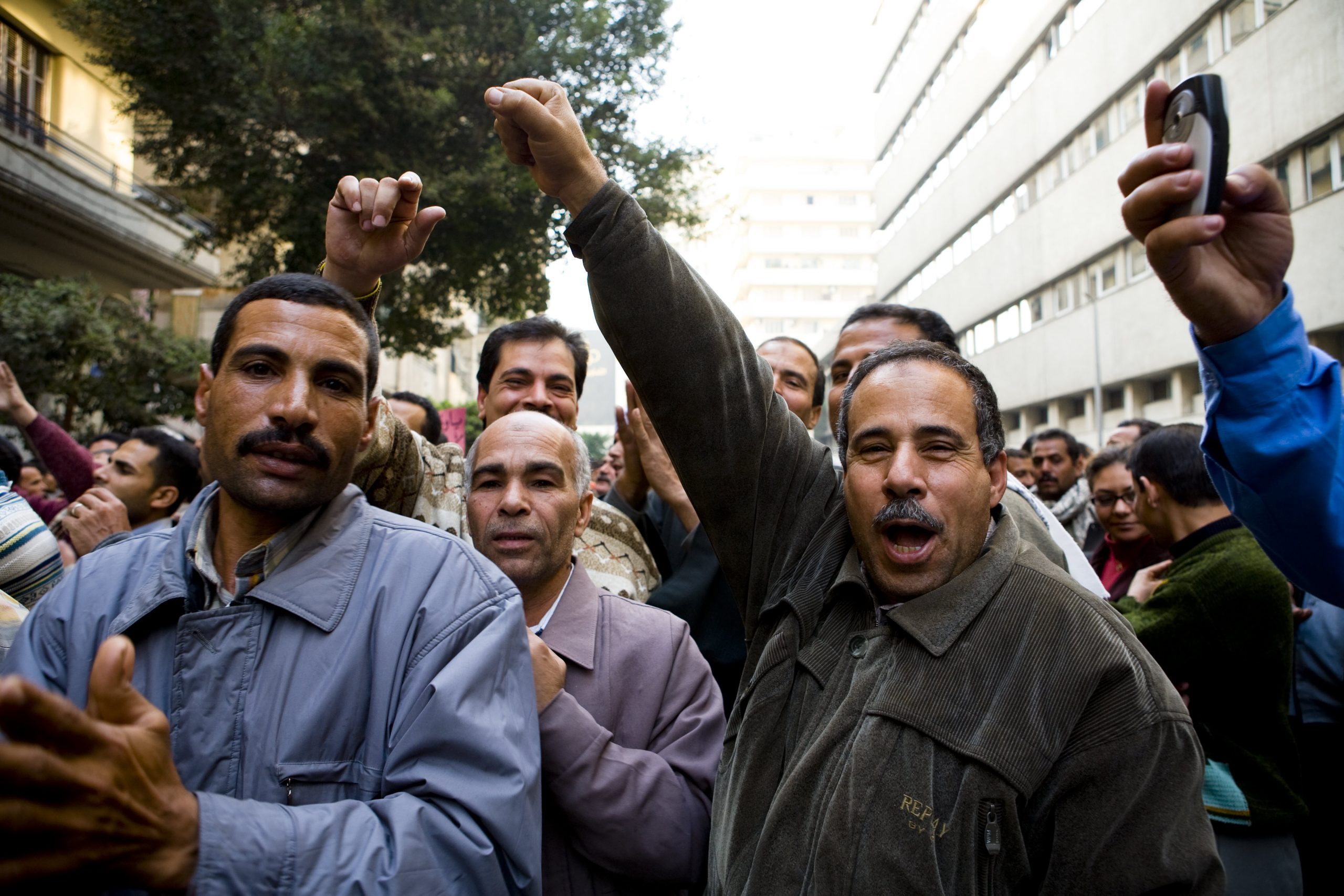Our right to come together in associations or unions or to assemble in protest or at other peaceful gatherings are some of the most well known human rights. Perhaps this is because these human rights – freedom of expression, association and assembly – enable the pursuit and realisation of so many of our other rights and freedoms.
Each of the rights to freedom of expression, freedom of association and freedom of assembly are enshrined in the Universal Declaration of Human Rights, the International Covenant on Civil and Political Rights, and many national constitutions and laws around the world.
Unfortunately, some governments and many politicians do not welcome scrutiny, accountability, criticism or calls for change and try to suppress free speech and protests, or are extremely selective in choosing when to respect or protect such rights.
Our politicians might not enjoy receiving criticism or advice, but it’s part of their job and absolutely vital for the health of a democracy.
In some countries, human rights defenders face threats and attacks, have their organisations shut down, are criminalised, detained or even killed merely for speaking out or protesting. Reprisals against people who seek to promote or protect human rights is never ok.
Even in a number of liberal democracies, we’re seeing alarming trends of laws stifling free speech and protest rights. Sometimes peaceful protests can cause disruptions or inconveniences, but they are part of living in a vibrant and functioning democracy.
Limiting freedom of expression, association and assembly
Reasonable limitations can be placed on human rights only when the limitations are proportionate and necessary for legitimate purposes or to avoid infringing the human rights of other people.
For example, when free speech tips into hate speech or incites violence or risks harming other people in other ways, then reasonable restrictions can be applied.
Likewise, a protest that deliberately blocked people from being able to access medical services and their right to healthcare, could be limited by authorities – even if that protest was peaceful. Of course, any action to do so would need to avoid using a disproportionate level of force. The onus is on the authorities to find ways to accommodate and enable peaceful protests.
ISHR and the rights to freedom of expression, association and assembly
You can learn more about ISHR’s work to promote and protect freedom of expression, association and assembly or to end reprisals.

